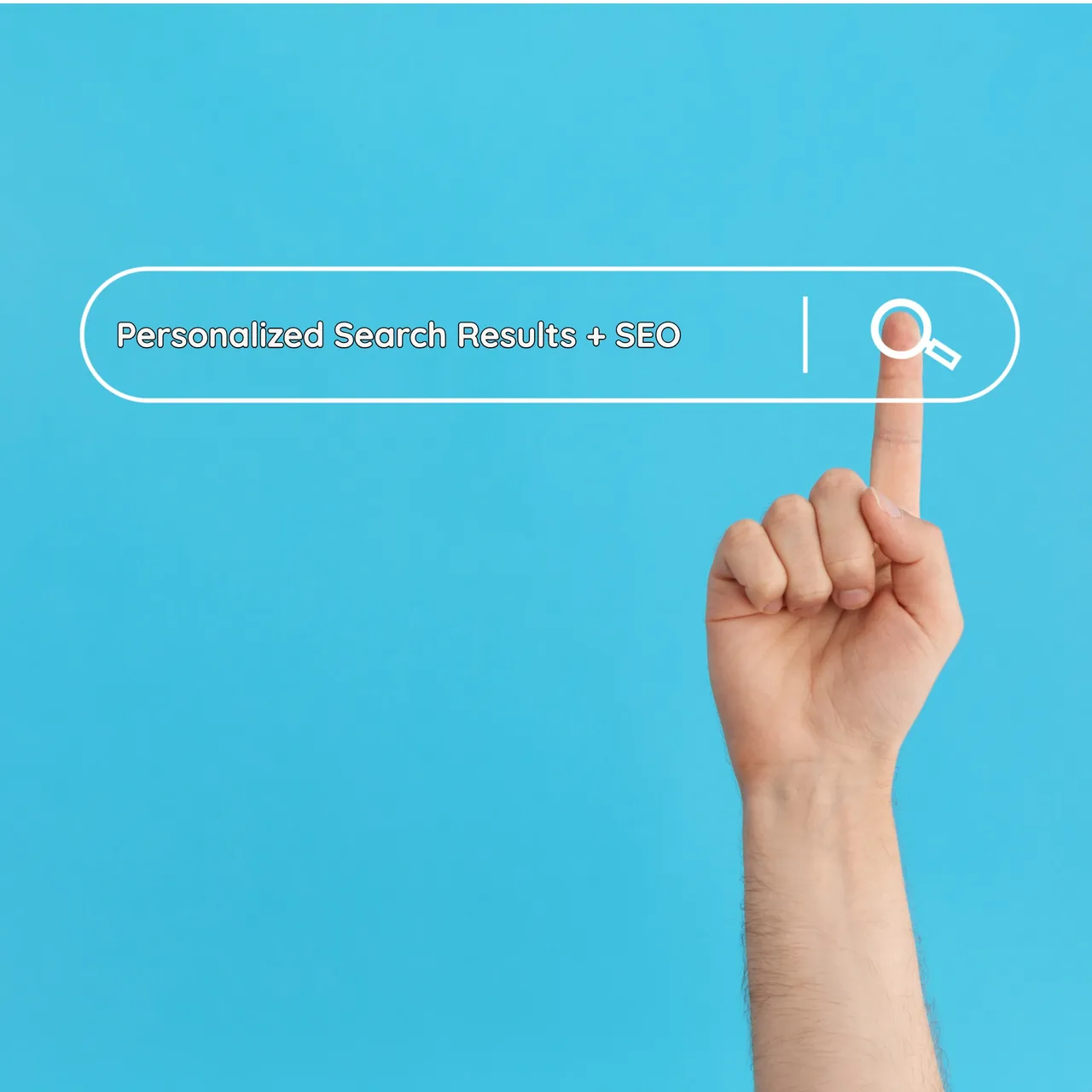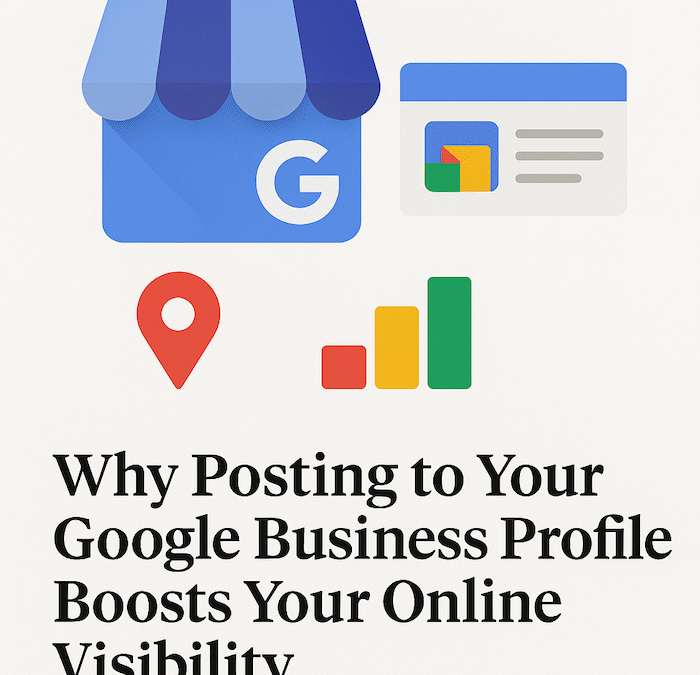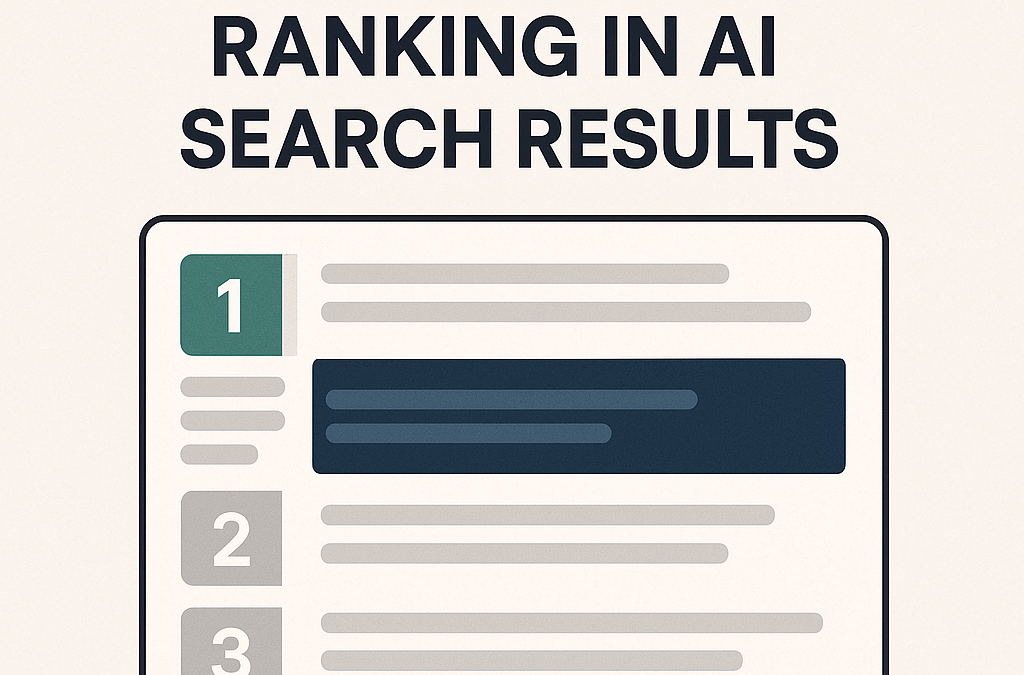Search Engine Optimization (SEO) is a critical online marketing strategy that involves fine-tuning a website to enhance its visibility in Search Engine Results Pages (SERPs). The primary objective of SEO is to boost organic, non-paid traffic to a website by securing top-ranking positions in search engine results. SEO encompasses various processes, such as strategic use of relevant keywords and phrases, the creation of high-quality content, and effective link building.
As the digital landscape continues to grow and evolve, with search engines consistently updating their algorithms and introducing innovative features, the field of SEO has also had to adapt. One of the recent developments that has significantly impacted SEO is the rise of personalized search.
Breaking It Down
Personalized search is an advanced feature that deploys complex algorithms and machine learning techniques to deliver customized search results based on a user’s specific online behavior and preferences. It uses several data points, including a user’s search history, geographical location, the type of device they are using, and even the time of day to curate a unique set of search results for each user. The goal of personalized search is to offer more relevant, personalized content to the individual user, thereby improving their overall search experience.
To illustrate, a user who consistently seeks sports news would notice that their search results are largely populated with sports-related content, like articles about recent games or news about their favorite teams. Conversely, a user who frequently searches for local restaurants would be presented with search engine listings of eateries close to their location.
With the explosion of online content in recent years, the importance of personalized search has grown substantially. Given the vast amount of information available online, search engines utilize personalization to make it easier and faster for users to find the information they need. In essence, it functions like a digital personal assistant who knows your preferences and delivers exactly what you are seeking.
How Personalized Search Impacts SEO
Personalized search can have both beneficial and negative implications for SEO. On the positive side, it enhances content relevance for users, which could be advantageous for certain websites. For example, if a user frequently visits a particular website, that website could gain a higher rank in their personalized search results, leading to an increase in traffic and user engagement.
On the flip side, personalized search can create obstacles for some websites when trying to rank for specific keywords. A new website, for instance, that hasn’t yet established a search history with users, may find it hard to feature prominently in personalized search results. Similarly, if a website’s content doesn’t resonate with a user’s preferences, it may be ranked lower in that user’s search results.
Strategies to Adapt SEO for Personalized Search
To successfully navigate the changing landscape brought about by personalized search, website owners and SEO professionals need to adjust and update their strategies. One approach is to focus on creating high-quality, relevant content that caters to a broad range of users. This tactic could not only increase a website’s search ranking but also attract new users who may not have previously engaged with the site’s content.
Additionally, building a robust and dynamic social media presence can provide significant advantages. Being active and engaging on social media platforms can significantly boost brand awareness and visibility, leading to higher search rankings. It also creates a platform for establishing a strong search history, which can positively influence personalized search results.
It is also crucial to continuously monitor search rankings and adjust SEO strategies as necessary. This may involve regularly checking keyword rankings, meticulously analyzing user behavior, and making necessary modifications to website content and structure.
Exploring Google’s My Activity Feature
Google’s “My Activity” feature is a prime example of a personalized search tool that enables users to manage and view their search history. It maintains a detailed record of a user’s search queries and the websites they have visited while using Google’s services. This wealth of data is then used to tailor search results to each user’s distinct preferences.
For instance, a user who habitually searches for vegan recipes will observe that Google’s algorithms prioritize vegan-friendly websites and content in their search results. This user-centric approach ensures users find the information they need quickly and efficiently, reducing the need to sift through a sea of irrelevant content.
This personalized search feature from Google leverages sophisticated machine learning algorithms designed to analyze user behavior and patterns to accurately predict what content and information a user is likely to find engaging. As users continue to use Google’s services, these algorithms improve their predictions, providing increasingly accurate and helpful search results.
A Closer Look at Amazon’s Personalized Search Recommendations
Amazon’s personalized search recommendations provide a perfect example of how artificial intelligence (AI) can be harnessed to elevate user experience and drive sales. When a user enters a search query on Amazon, the platform’s powerful algorithms analyze their search and purchase history to generate personalized product recommendations.
Consider, for example, a user who has previously searched for and purchased fitness-related items. Amazon’s algorithms may recommend related products, such as fitness trackers, supplements, or workout DVDs. This not only increases the likelihood of the user finding something they’re interested in, but it also boosts engagement with the site by suggesting additional products that the user might want to explore.
The personalization of search recommendations is made possible by the vast amount of data that Amazon has amassed over the years, which includes information about user search and purchase history, browsing behavior, demographics, and more. This wealth of data is processed by advanced machine learning algorithms that are designed to identify patterns and make accurate predictions about a user’s potential interests.
Takeaways
Personalized search can have a significant impact on SEO. While it can make it more difficult for websites to rank for certain keywords, it can also improve the user experience and increase engagement. By focusing on high-quality content, social media activity, and tracking search rankings, website owners and SEO professionals can adapt to personalized search and improve their search rankings and visibility.









